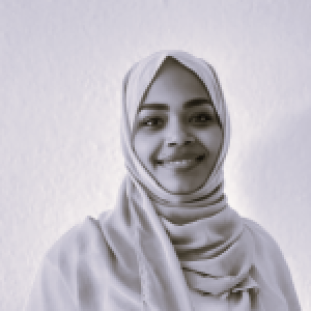Despite having the lowest urbanisation rate at the continental level, cities in Africa are growing at an unprecedented pace and by 2050, it is predicted that 21% of the world’s urban population - or 1.34 billion people - will be living in African cities. This urban growth has already resulted in massive pressure on environmental resources, affecting not only the functioning of natural ecosystems, but also the quality of life for urban populations. Alongside a warming climate and other aspects of global change, rapid urbanisation affects urban human health through the pollution of environmental resources such as air, water and soils, and also through the loss of natural landcover – all of which imply negative consequences for wellbeing.
The complex nature of those urban systems that involve many players underscores a dire need for an integrated approach to research and policy-making to stimulate a significant transformation in both human health and sustainability. The Resource and Sustainability Nexus concepts allow for a comprehensive assessment of the natural environment in urban areas, as well as the interconnections between urban nature and human development.
This study is an attempt to bridge the gap between urban human demand and the use of natural resources; it considers human health and sustainable transformation using a holistic approach. A land use change model will be built to assess the changes resulting from urbanisation processes, and policy change on human and planetary health. The outcome of the change model will then be applied to a policy framework that promotes a sustainable transformation to address human and planetary health in urban planning in newly developed urban centres.
Two case studies will be considered in this research: the old and new capitals of Egypt and Tanzania, where uncontrolled urban growth environmental degradation have contributed to the motivation for establishing new capital cities. The case studies will analyse the interplay between urbanisation policies, land use, and human practices on population and planetary health, including the question as to what lessons the old and new capitals can learn from one another.
This project is funded by DAAD, via the EPOS programme,the Resource Nexus for Sustainability Transformations (NEXtra) research project.



